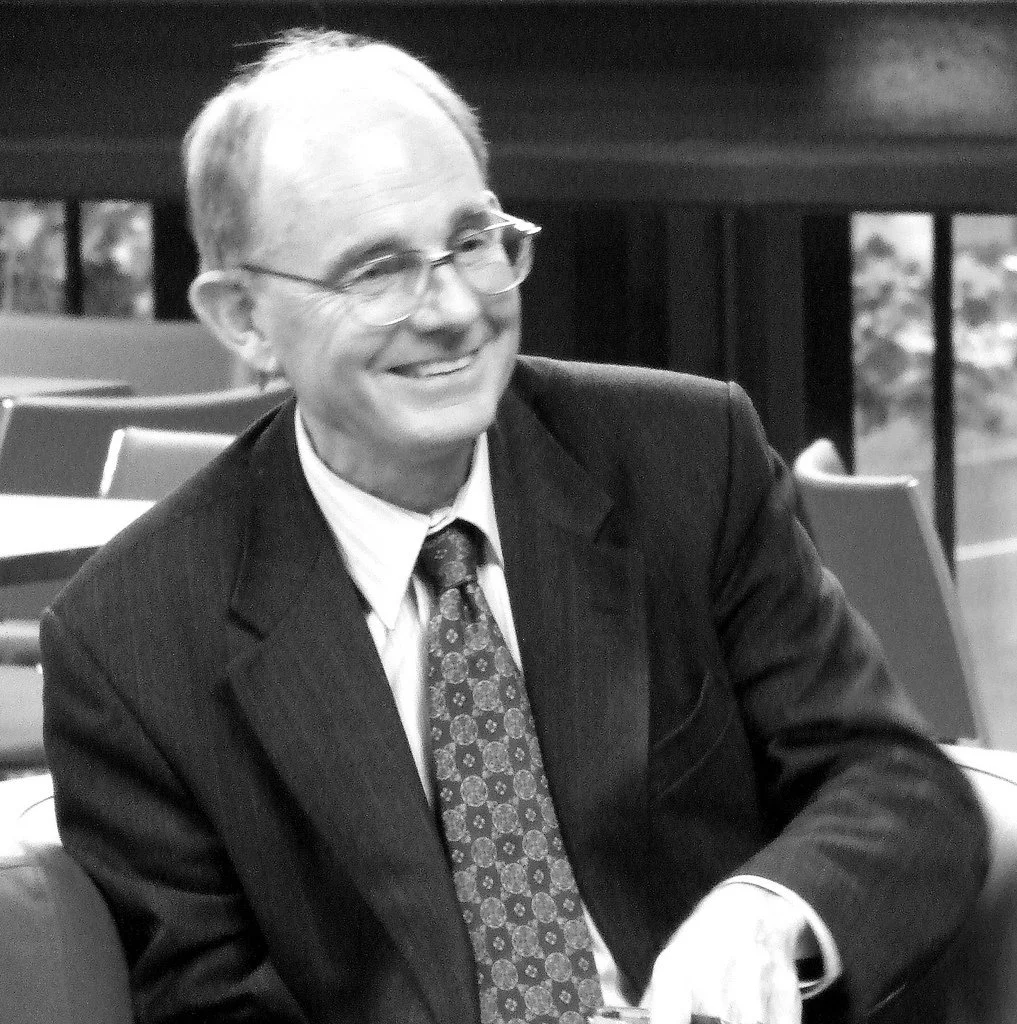UK court affirms journalist's right to protect his sources
Chris Mullin
Journalists have an ethical duty to protect their sources. Being able to receive confidential information from whistleblowers, and other sources who may be putting themselves at risk, is absolutely fundamental to journalism's investigative function and the key role it plays in democratic societies.
In some jurisdictions, that critical ethical duty is supported by the law and a journalist cannot be compelled to reveal their source. But there is a gap in many legal systems that means that journalists have to fight, sometimes risking criminal conviction themselves, in order to do their jobs.
In 1996, a British journalist took his right to protect his sources all the way to the European Court of Human Rights in Strasbourg. In a landmark decision, the Court ruled that ordering the disclosure of a source "cannot be compatible" with Article 10 of the European Convention on Human Rights "unless it is justified by an overriding requirement in the public interest."
This week, Chris Mullin won another key victory, this time in a UK court, that affirms the right of British journalists to protect their sources even when there are competing interests in play.
Chris Mullin's investigative journalism in the mid-1980s helped overturn one of the biggest miscarriages of justice in British legal history. Six innocent men were given life sentences in 1975 after being convicted of the 1974 IRA bombing of two pubs in Birgmingham.
It was not until 1991 that the convictions of the Birmingham Six were overturned, thanks in part to Mullin's journalism. His investigation highlighted fundamental flaws in the prosecution case and significant wrongdoing from West Midlands Police. Ultimately, Mullin spoke to those who were actually responsible for the bombing, something that was only possible because he was able to provide them, and a number of intermediaries, an assurance of confidentiality.
21 people were killed in the Birmingham pub bombings, and 182 others suffered injuries, some of them life changing. The families of the victims have a strong desire to see those who were really responsible brought to justice. In 2016, new inquests into the 21 deaths were announced.
Writing in 2019 for the London Review of Books, just as those inquests were due to open, Mullin explained the position he found himself in:
I know the names of the bombers. Four men were involved: two bomb-makers and two planters. More than thirty years ago two of them described to me what they’d done in some detail. By a process of elimination, assisted by information from former members of the West Midlands IRA, I also identified at least one of the remaining perpetrators, perhaps both, though neither would admit to me their role in the bombings. But I have never named names. Journalists do not disclose their sources. I interviewed many of those who were active in the IRA’s West Midlands campaign. To gain their co-operation I gave repeated assurances, not only to the guilty, but to innocent intermediaries, that I would not disclose their identities. I cannot go back on that now, just because it would be convenient. My purpose at the time was to help free the six innocent men who had been convicted of the bombing. I was never under the illusion that I could bring the perpetrators to justice.
By 2019, only one of the men who had admitted their role to Mullin was still alive. While Mullin shared information with police about the bombers who were no longer alive, along with a redacted version of the notes he had taken at the time, he refused to identify his remaining source or his intermediaries.
West Midlands Police know who the man is but, without Mullin's cooperation, cannot link him to the confession.
This week Chris Mullin, who later served as a Labour MP from 1987 to 2010 faced a production order under the Terrorism Act of 2000 to compel him to identify the source. The police argued that Mullin's unredacted notes would be of "substantial value" to a terrorism investigation and the importance outweighed the importance of protecting journalistic sources.
In his ruling Mark Lucraft QC agreed that Mullin's notes would be of "substantial value", but that this did not outweigh the protection Article 10 gives to journalists to keep their sources confidential. The decision about whether to compel a journalist to give up their source was one where the judge had discretion, and therefore it would depend greatly on the facts of a particular case. The standard of "overriding public interest" had not been met in this case.
The National Union of Journalists supported Chris Mullin. Speaking outside the Old Bailey in central London earlier this week, the NUJ's Michelle Stanistreet said:
This case threatened press freedom and amounted to another attempt to criminalise the legitimate actions of journalists. In refusing this production order, the judge has recognised the principle that the NUJ will always defend - that protecting sources underpins every journalist's ability to report.

